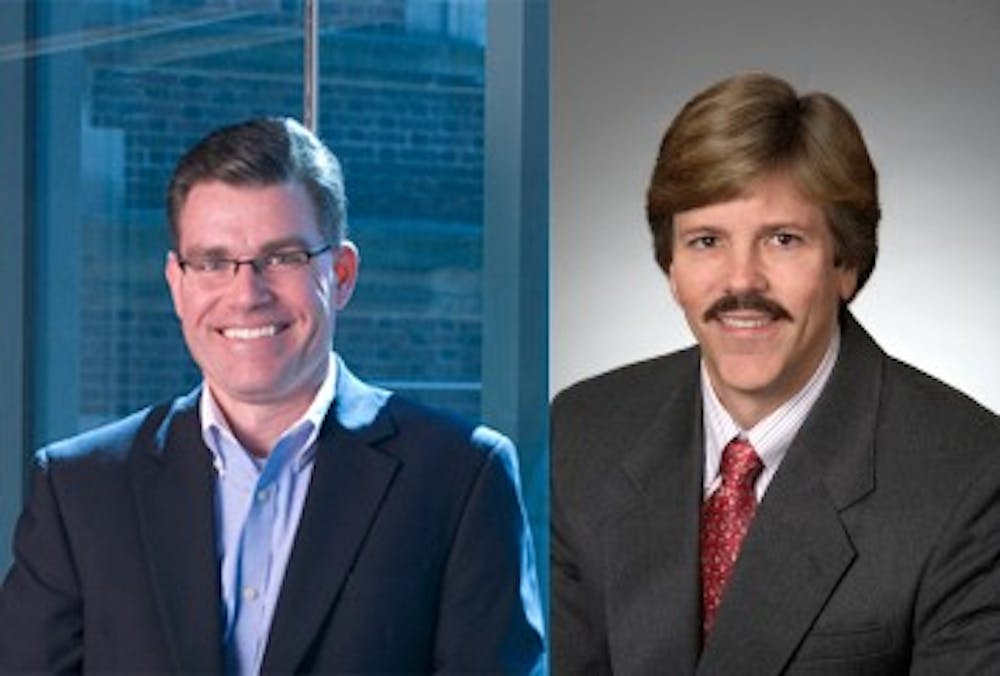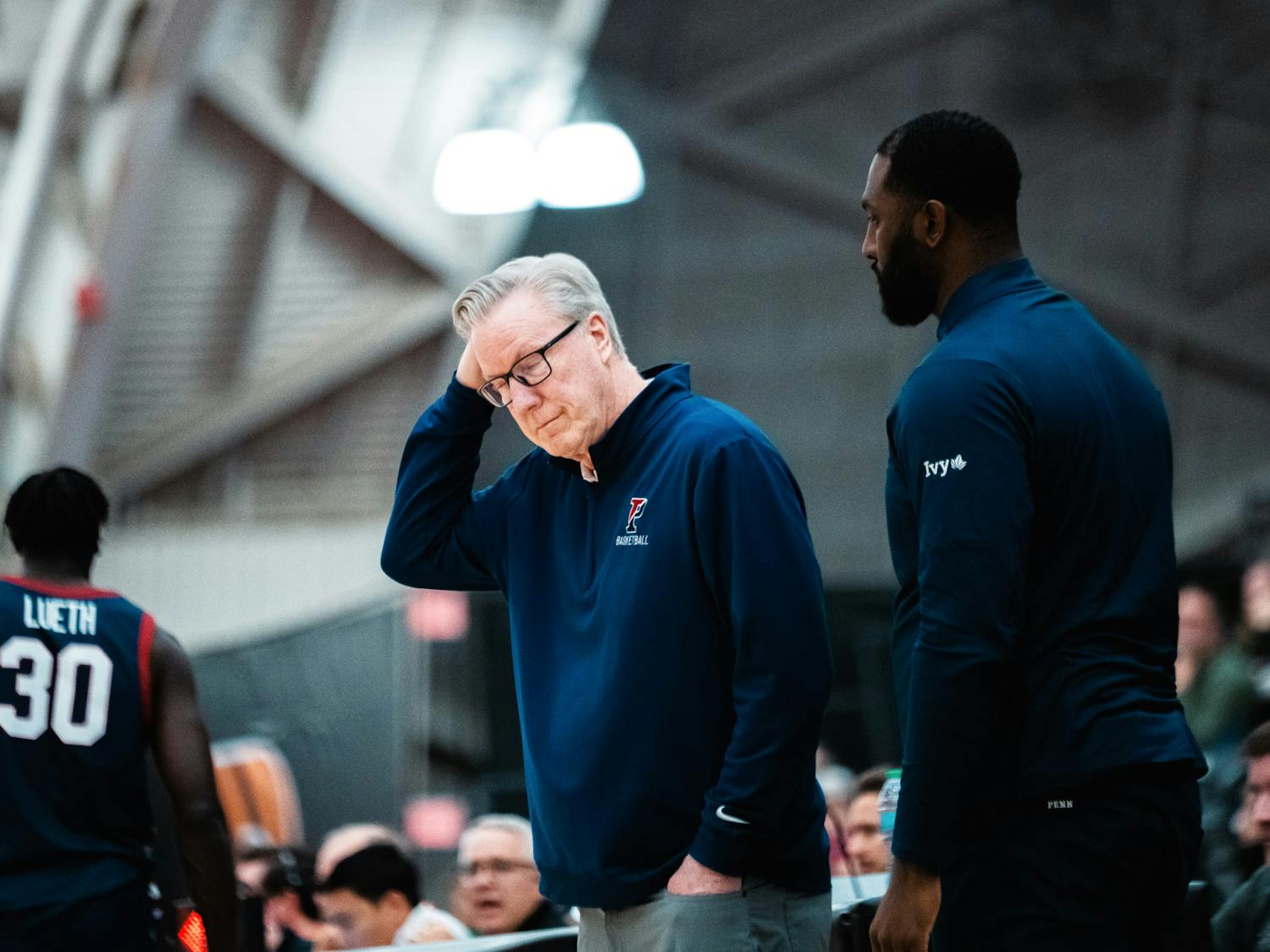Microsoft Corporation co-founder Paul Allen and his sister, Jody Allen, have just awarded a $9.25 million five-year grant to Penn researchers to take on an “unconventional” approach to studying concussions and to hopefully uncover potential new treatments.
The research will be led by two experts who have studied concussions for over 25 years: the Chair of Bioengineering in the School of Engineering and Applied Science, David Meaney, and the Director of the Center for Brain Injury and Repair at the Perelman School of Medicine, Douglas Smith.
Meaney and Smith’s new research will focus on how the brain repairs itself after a concussion. Their team — which will include 10 faculty members from Penn, the Children's Hospital of Philadelphia, Duke University and Columbia University — will examine what are called “shadow networks of cells,” which facilitate recovery after a concussion.
“When you have a concussion, it’s like having a black-out in a city,” Smith said. “So if you have areas [in the brain] that aren’t transmitting signals well [due to the concussion], your brain can reroute the signals in the pathway. The brain can take advantage of alternate routes.”
Smith noted that while each network in the brain carries out its own specific function, it also “eavesdrops” on other networks so that when those shut down after a concussion, another network is ready to substitute.
“We want to examine these networks more circuitously," Smith said, "which is something that nobody has ever investigated before."
The grant will give researchers the chance to explore “higher-risk hypotheses that would be harder to sell to more conservative government funders,” Meaney told Philly.com.
“Concussions are alternatively called mild traumatic injury, but there is nothing mild about it 20 percent of the time,” Smith said. “They are not trivial for a lot of people who have persistent symptoms, so we want to decipher the process of recovery and help them.”
The grant was awarded as part of the Paul G. Allen Family Foundation.









